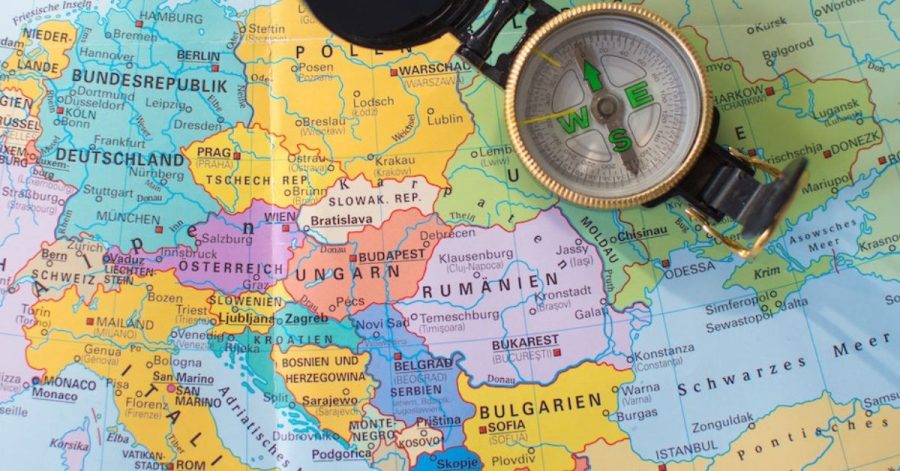“Vision without execution is hallucination,” said Thomas Edison, and this rings true for startup founders and CEOs who dream big. Yet, making dreams come true often demands something crucial: funding.
The Journey to Funding: A Full-Time Task
Securing money for a startup is a full-time job. It involves crafting an amazing pitch, mastering presentation skills, and most importantly, putting in a ton of effort to find the right VC partner who believes in your vision.
Let’s focus on the Western Balkans. Startups here face a hurdle – there aren’t many choices for venture capital funding. This makes raising the money needed for the next growth phase an uphill battle.
Due to the scarcity of local VC investors, startups broaden their horizons, reaching out to venture capitalists in more established tech ecosystems across the EU, UK, and the US. These investors offer a lifeline of funding that can bring innovative ideas to life.
Strings Attached: The Trade-Off for Funding
However, these investments often come with conditions beyond sharing equity and accepting investor rights. Typically, startups are asked to:
- Set up a new company in the US or EU
- Transfer their intellectual property rights to the new company
While this may seem like a necessary compromise to access substantial funds, it can raise a few questions.
Startups really want to be successful globally. They think about going to new countries a lot. But, there’s a twist: going to a new place brings its own set of problems, especially the legal ones. Instead of focusing on making your product the best it can be, you end up learning a whole new set of rules, like playing two different games at once.
The investment documents and conditions also differ from investor to investor. And in our days we see some very one-side protection and control clauses.
Imagine a superhero needing help to fight villains. The superhero goes to another city for help, but those new helpers want something in return – they want the superhero’s secret powers. It’s like that for startups. They leave home to find money, but the new investors want them to move their company to their country and give away their cool ideas.
Another big problem is that the rules in the superhero’s home are different from the new city. It’s the same for startups. The rules about who owns their ideas and how they work are different in different places. So, even if they get money, they might lose control over their ideas and how they work. It’s a tricky choice – get money to grow but give up some control, or stay local and find a different way to get money.
Timing Matters: The Decision to Expand
So, the big questions arises: When is the right time to expand your startup to another country?
Did you partnered up with the first VC that gave you a deal or you spent more time examining more options?
In this complex situation, the key is finding the right investors and determining if it’s the perfect time for your startup’s new adventure. Should you invest time and effort in dealing with foreign regulations, or should you wait until your product is ready for expansion?
It’s a challenging puzzle, but finding the answer can lead your startup to a great success on a global scale.








